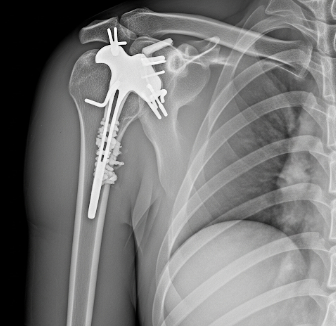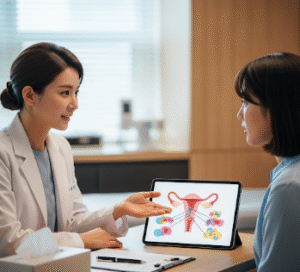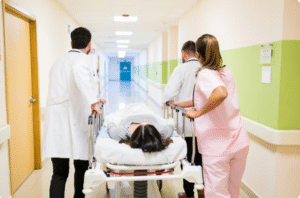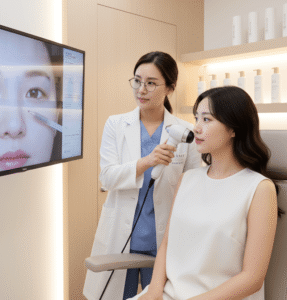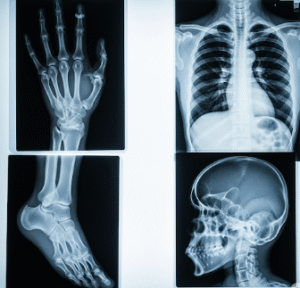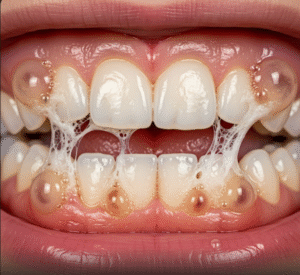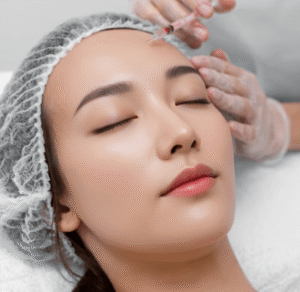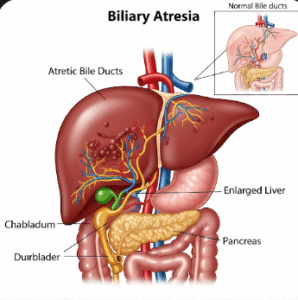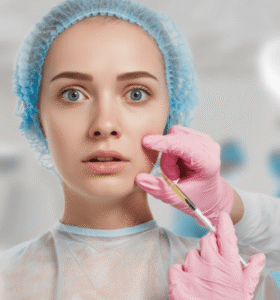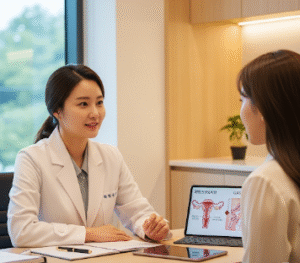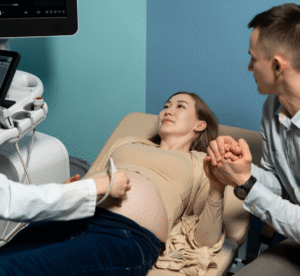Overview
Revision total shoulder replacement (RTSR) is a surgical procedure performed to replace or repair a previously implanted shoulder prosthesis that has failed. Failure may occur due to loosening, wear, infection, instability, or persistent pain. Revision shoulder replacement is more complex than primary replacement, requiring specialized surgical expertise and planning.
South Korea is known for highly skilled orthopedic surgeons, advanced prosthetic implants, and comprehensive post-operative rehabilitation programs, making revision shoulder replacement safe and effective with excellent functional outcomes.
What is Revision Total Shoulder Replacement?
Revision total shoulder replacement involves removing the old prosthesis and implanting a new shoulder replacement. Key points include:
✔ Addresses prosthetic failure, pain, stiffness, or instability.
➔ Restores shoulder function, mobility, and range of motion.
● May involve bone grafts, custom implants, or augments to manage bone loss.
★ More complex than primary shoulder replacement and requires experienced surgeons.
It is indicated for patients with prosthetic loosening, infection, persistent pain, or functional limitations after primary shoulder replacement.
What are the Benefits?
Revision total shoulder replacement provides several advantages:
✔ Relieves pain and restores shoulder function.
➔ Improves range of motion, strength, and stability.
● Allows daily activities and recreational movements previously limited by prosthetic failure.
★ Enhances quality of life and independence.
➤ Prolongs the lifespan of the shoulder prosthesis with advanced implants.
Procedure Details
1) How should I prepare for Revision Total Shoulder Replacement?
Preparation focuses on medical optimization and surgical planning:
✔ Medical evaluation: X-rays, CT scans, and lab tests to assess bone loss, prosthesis condition, and infection risk.
➔ Medication review: Adjust blood thinners and other medications affecting surgery.
● Preoperative counseling: Discuss procedure complexity, expected outcomes, and potential risks.
★ Physical assessment: Evaluate shoulder strength, range of motion, and overall health.
➤ Anesthesia evaluation: Determine suitability for general or regional anesthesia.
2) What happens during the Revision Total Shoulder Replacement procedure?
The surgery is performed in a sterile orthopedic operating room under general anesthesia:
✔ Incision: Previous surgical incision is usually reused; scar tissue carefully dissected.
➔ Removal of old prosthesis: Loosened or damaged components are extracted.
● Bone preparation: Bone surfaces are cleaned and may require grafts or augments.
★ New prosthesis implantation: Specialized revision components are fitted and aligned precisely.
➤ Closure: Incision closed with sutures; drains may be used.
✔ Procedure duration: Typically 2–4 hours depending on complexity.
Korean orthopedic surgeons emphasize precise alignment, soft tissue balancing, and optimal fixation for long-term success.
3) What happens after Revision Total Shoulder Replacement?
Post-operative care focuses on pain control, wound healing, and gradual rehabilitation:
✔ Hospital stay: Usually 3–5 days depending on recovery and complexity.
➔ Pain management: IV and oral analgesics; nerve blocks may be used.
● Physical therapy: Begins with gentle passive movements, progressing to active exercises and strength training.
★ Activity: Gradual return to daily activities; restrictions on lifting and overhead motion for several months.
➤ Follow-up: Regular imaging and clinical assessment to monitor prosthesis stability and shoulder function.
Risks / Benefits
Possible Risks:
✔ Infection at surgical site or prosthetic joint
➔ Blood clots (deep vein thrombosis or pulmonary embolism)
● Loosening or failure of new prosthesis
★ Nerve or vascular injury
➤ Reduced range of motion or stiffness
Major Benefits:
✔ Relieves pain and restores shoulder mobility
➔ Corrects instability and improves range of motion
● Allows performance of daily activities and recreational movements
★ Enhances quality of life and independence
➤ Prolongs the lifespan of the shoulder prosthesis
Recovery and Outlook
✔ Immediate recovery: Pain, swelling, and limited mobility; shoulder supported in a sling.
➔ Hospital stay: Typically 3–5 days.
● Activity: Gradual physical therapy over 3–6 months.
★ Long-term outcome: Most patients achieve improved pain control, shoulder function, and mobility.
➤ Follow-up: Regular imaging and rehabilitation to monitor prosthesis stability and function.
When To Call the Doctor
Contact your doctor immediately if you notice:
✔ Fever, chills, or signs of infection
➔ Severe or uncontrolled shoulder pain
● Swelling, redness, or discharge from incision
★ Instability or inability to move the arm
➤ Numbness, tingling, or signs of nerve injury
Best Korea Option / Process
South Korea provides expert revision shoulder replacement services with:
✔ Leading hospitals: Samsung Medical Center, Asan Medical Center, Severance Hospital Orthopedics.
➔ Experienced orthopedic surgeons specializing in complex shoulder revision and implant selection.
● Advanced imaging and surgical planning for precise prosthesis placement.
★ Comprehensive rehabilitation programs to maximize functional recovery.
➤ Medical tourism support: Translation services, appointment coordination, and continuity of care for international patients.
✅ Highlights:
✔ Revision total shoulder replacement restores function and relieves pain in failed shoulder prostheses
➔ Corrects instability and improves range of motion
● More complex than primary replacement but highly effective in skilled hands
★ Risks include infection, prosthesis failure, blood clots, nerve injury, and stiffness
➤ Korean hospitals provide expert surgeons, advanced implants, and comprehensive post-op care

